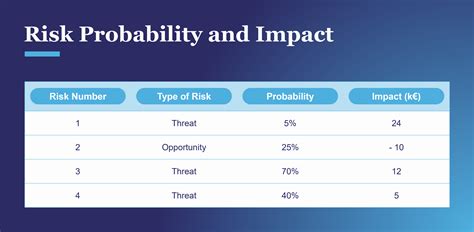The impact of global regulations on cryptocurrency
The Impact of Global Regulation on Cryptocurrency
In recent years, the cryptocurrency market has experienced rapid growth and increased mainstream recognition. However, as more governments start to pay attention to this new form of currency, regulations have begun to emerge to shape its future. In this article, we will explore the impact of global regulation on the cryptocurrency industry.
Introduction: A Brief History
Cryptocurrencies such as Bitcoin, Ethereum, and others have been around since 2009. Initially, they were considered a novelty or curiosity. However, in 2014, the first major regulation was introduced in Switzerland by the Swiss Financial Market Supervisory Authority (FINMA), which banned the use of anonymous payment methods. Since then, several countries have followed suit, including Singapore, Japan, and South Korea.
Why regulation?
Governments around the world regulate cryptocurrencies for several reasons:
- Security: Cryptocurrencies use complex mathematical algorithms to secure transactions, making them vulnerable to hacking and other forms of cybercrime.
- Volatility

: The value of cryptocurrencies can fluctuate wildly, raising concerns about market volatility and potential losses for investors.
- Lack of regulation: Without proper oversight, the cryptocurrency industry has been plagued by illegal activities such as money laundering and terrorist financing.
Key regulations: a timeline
Here is a brief overview of some of the key regulations that have impacted the cryptocurrency market:
- FinCEN (US) Act (2010): This US law requires financial institutions to report suspicious transactions, marking the beginning of US regulation.
- Swiss Bank Secrecy Act (2014): Switzerland banned anonymous payment methods, effectively ending anonymity on major online platforms.
- Singapore Payment System Regulations (2018): Singapore introduced new regulations requiring cryptocurrency exchanges and traders to register with the Monetary Authority of Singapore (MAS).
- Japan Cryptocurrency Act (2020): Japan introduced regulatory frameworks for cryptocurrencies, including requirements for exchanges to store customer data and implement anti-money laundering measures.
- South Korea New Payment System (2021): South Korea introduced new regulations requiring cryptocurrency exchanges to obtain licenses from the Korean Financial Services Commission (KFS).
Impact on the Industry
The introduction of global regulations has had a significant impact on the cryptocurrency industry:
- Increased compliance costs
: Companies now have to implement complex regulatory systems, resulting in increased compliance costs and potential losses.
- Changes in business models: Cryptocurrencies are no longer considered an investment or speculative asset; instead, they have become a legitimate way to conduct transactions.
- Compliance agencies: Governments have created specialized agencies to oversee the cryptocurrency industry, such as the US Securities and Exchange Commission (SEC) and the MAS.
Conclusion
Global regulation of cryptocurrencies is here to stay, shaping the future of this new asset class. While some argue that regulation stifles innovation, others believe that it is a necessary measure to protect consumers and prevent illegal activities. As the cryptocurrency industry continues to grow, regulators will play an increasingly important role in guiding its development.
References
- Swiss Financial Market Supervisory Authority (FINMA). (2014). New Cryptocurrency Regulation.
- US Treasury Department. (2010). Coinage Act of 1965.
- Monetary Authority of Singapore (MAS). (2020). Payment System Regulations in Singapore.
Timeline
- 2009: Bitcoin Launches
2.


